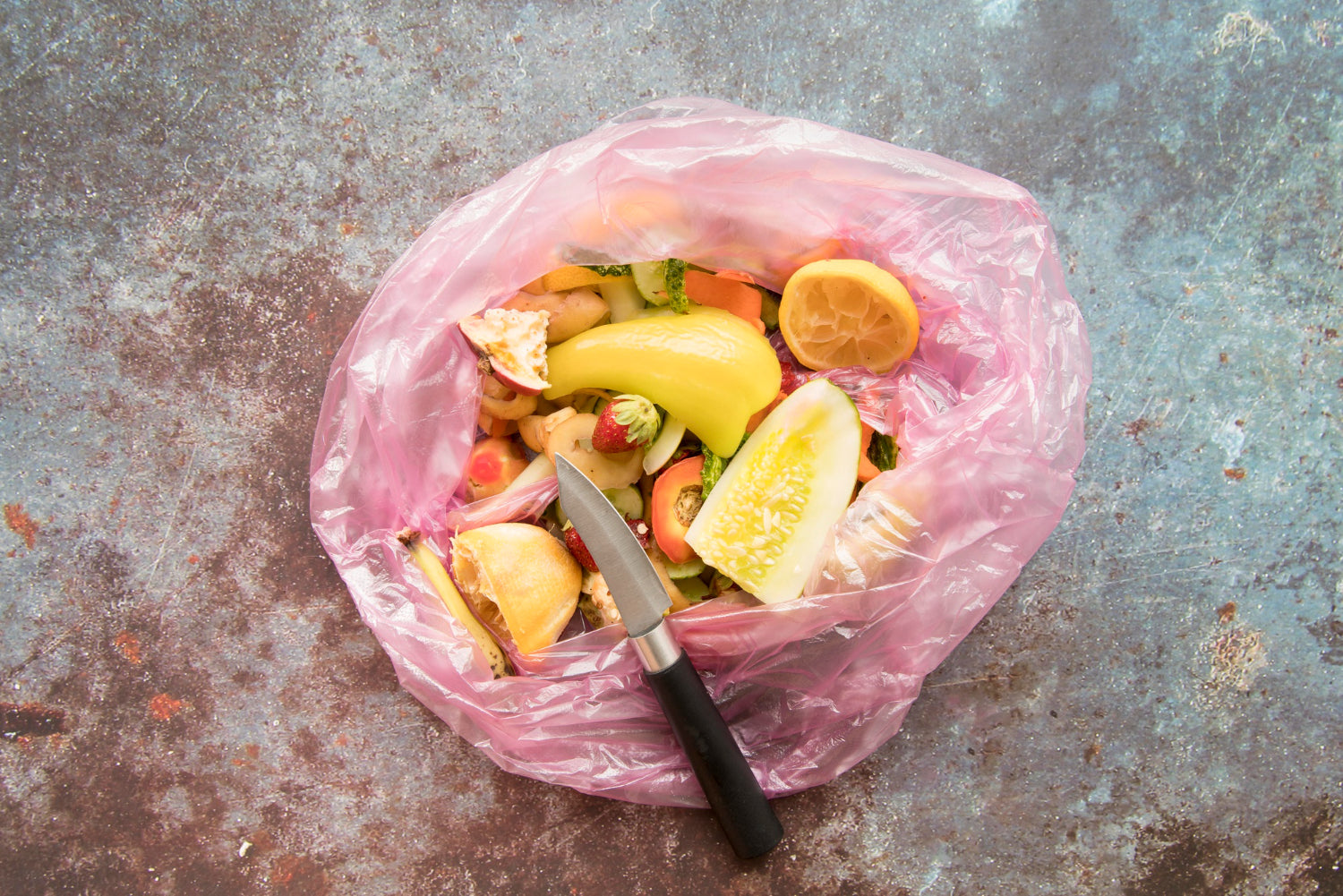Compostable trash bags are an eco-friendly alternative that many people consider when aiming to reduce waste. As the world becomes more aware of environmental issues, these bags offer a green option for managing household garbage. However, when you toss wet food waste into these bags, you might wonder how well they hold up. Will they disintegrate too quickly or stand the test of time until they reach the compost heap?
Understanding how compostable trash bags work, especially with wet waste, is key to using them effectively. Wet food waste can create a challenging environment for these bags, potentially accelerating their breakdown. Knowing what to expect from compostable bags and how to use them wisely can help you make informed decisions, ensuring that your green intentions lead to practical results.
What Are Compostable Trash Bags?
Compostable trash bags are designed to break down naturally. Unlike standard plastic bags that linger in the environment, these are crafted from materials that decompose under the right conditions. But how exactly do they differ from the regular bags you might be more familiar with?
1. Materials: Compostable bags typically use plant-based, renewable materials such as cornstarch, biodegradable polymers, or other natural fibers. These materials are chosen for their ability to decompose without leaving harmful residues.
2. Environmental Benefits: By switching to compostable trash bags, you contribute less plastic waste to landfill sites. These bags degrade more quickly, turning into compost that benefits the soil. This aligns well with efforts to promote sustainability and reduce pollution.
Switching to compostable trash bags has numerous advantages. They're not only better for the planet by reducing the amount of persistent waste, but they also help enrich the soil after breaking down. This makes them a preferred choice for eco-conscious consumers looking to lessen their impact on the planet.
How Compostable Trash Bags Break Down
Understanding how compostable bags decompose is crucial to using them effectively. The breakdown process involves several factors that you should keep in mind.
- The Science Behind It: Compostable materials break down through microbial activity. Bacteria and fungi feast on these materials, causing them to decompose. Unlike traditional plastics, which can take hundreds of years to deteriorate, compostable materials vanish in a much shorter time frame.
- Conditions for Decomposition: For compostable bags to break down correctly, they require specific conditions. Adequate heat, moisture, and microbial activity are essential. Without the right environment, even a compostable bag might take longer to decompose.
- Timeline: Generally, these bags decompose within a few months, depending on conditions. Yet, a damp, balanced compost pile accelerates the process, ensuring the materials return to nature swiftly.
The science and conditions involved in breaking down compostable trash bags demonstrate their potential as an environmentally friendly option, as long as the conditions are met. Understanding this process can help you better manage your household waste and align your efforts with greener living.
Handling Wet Food Waste with Compostable Trash Bags
Dealing with wet food waste can be tricky with compostable trash bags. Wet waste tends to accelerate the breakdown process due to moisture, creating challenges in managing the waste efficiently. The last thing you want is a bag falling apart before you can get it to the compost pile.
To get the most out of your compostable bags with wet waste, consider the following tips:
- Double Bagging: If you notice frequent leaks, try double bagging. This provides an extra layer of security and reduces the risk of spills.
- Use a Bucket: Place the bag in a plastic or metal bucket. This not only supports the bag but also contains any unexpected leaks or tears.
- Avoid Overfilling: Overloading bags make them more prone to breaking. Stick to smaller loads to maintain the bag’s integrity.
In some cases, alternative solutions to managing wet waste include integrating a kitchen compost bin or using absorbent materials, like shredded paper, at the bottom of the bag to soak up extra moisture. These alternatives help manage waste more effectively, especially in homes generating a good amount of food scraps.
Benefits of Using Compostable Trash Bags for Food Waste
Choosing compostable trash bags comes with several advantages, particularly for food waste management. Switching to compostable options can significantly reduce your carbon footprint and assist in creating healthy soil.
1. Environmental Impact: Compostable bags contribute less to landfill issues, allowing for the waste to turn into compost, enriching the soil and aiding in plant growth.
2. Health Benefits: Reducing plastic in landfills lowers pollution, thereby decreasing harmful chemicals in the environment. This makes the air we breathe cleaner and our surroundings healthier.
3. Easy Integration: Incorporating compostable bags into your waste management routine is straightforward. They work with most compost programs and fit traditional bins, making the transition simple.
By understanding how these bags work and ensuring they are part of a conscious waste management system, you help support a sustainable future, making a small but significant impact on the planet.
Wrapping It Up
Switching from traditional to compostable trash bags is a small step with a big impact. Understanding their lifecycle, especially regarding wet waste, helps you make the best choices for effective waste management. These bags address some of the pressing environmental concerns by reducing plastic waste and contributing positively to landfill reduction efforts.
As more households consider sustainable practices, compostable bags offer a practical solution that aligns with eco-friendly values. They illustrate how simple changes in daily habits can lead to considerable benefits. Embracing these solutions helps cultivate a healthier planet, ensuring future generations inherit a world that is cared for and thriving.
Switching to eco-friendly solutions in your home not only helps the planet but can also lead to healthier living. If you're looking to make a change, explore our range of compostable trash bags from Plastno. They’re easy to use and fit perfectly into your compost routine, making sustainable waste management effortless.






Share:
Must-Have Supplies for an Eco-Friendly Spring Cleaning Routine
How to Tell if Your Garbage Bags Are Actually Compostable